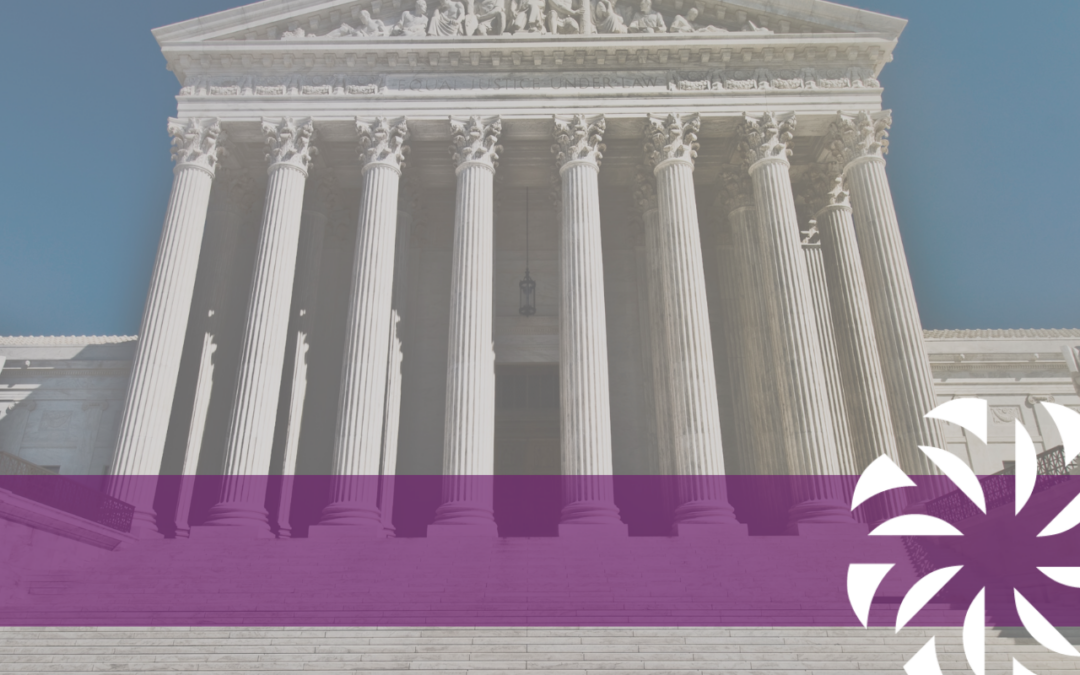SUPREME COURT SHIFTS BURDEN FOR PROHIBITED TRANSACTION CLAIMS UNDER ERISA
On April 17, 2025, the U.S. Supreme Court issued a unanimous decision shifting the burden of proving exemptions to certain prohibited transaction claims from plaintiffs to plan fiduciary defendants. Historically, the burden to raise applicable exemptions has fallen on plan beneficiaries alleging the occurrence of a prohibited transaction. The Court’s ruling shifts this responsibility to the plan fiduciary, requiring the plan fiduciary to raise and prove an exemption in their defense. The Court’s opinion acknowledged that this new precedent practically eases plaintiffs’ legal burden and creates the potential for an increase in prohibited transaction claim litigation. As such, this decision highlights the importance for plan fiduciaries in doing proper diligence and reviewing service provider contracts for conflicts of interest going forward.
Specifically, in Cunningham v. Cornell University, the Court held that plaintiffs alleging certain prohibited transaction claims under Section 1106(a)(1)(c) of the Employee Retirement Income Security Act of 1974 (ERISA) are not required to address potential exemptions under Section 1108 in order to plead a plausible claim. Rather, the Court indicated that plaintiffs need only assert the fundamental elements of a prohibited transaction, reasoning that the exemptions listed under Section 1108 are affirmative defenses for which the burden of proof rests with a plan fiduciary defendant.
The rules and regulations established by ERISA are intended to protect the rights and interests of employees and beneficiaries in private-sector retirement and health plans, including most employee benefit plans and Employee Stock Ownership Plans. Generally, Section 1106(a)(1)(c) of ERISA bars a plan fiduciary from engaging in a transaction for “goods, services, or facilities” that the fiduciary should know constitutes a direct or indirect conflict of interest between the plan and a “party in interest.” Section 1108 establishes limited exemptions to the foregoing rule and ensures that beneficiaries have access to appropriate remedies should a prohibited transaction occur.
As noted above, this decision emphasizes the importance of examining service provider contracts or transactions for conflicts of interest. Additionally, although the Cunningham opinion singularly addressed claims made under Section 1106(a)(1)(c), ERISA does enumerate other prohibited transactions for which 1108 exemptions may be applicable, including with respect to sales or exchanges of property, extending credit or lending, and the transfer and use of assets, each between the plan and a party in interest. As such, plan fiduciaries may also deem it necessary to closely review the other material contracts and transactions with parties in interest.
The attorneys at Dvorak Law Group have extensive experience representing both employers and plan fiduciaries and are ready to advise you regarding contract analysis and transaction preparation.


Recent Comments